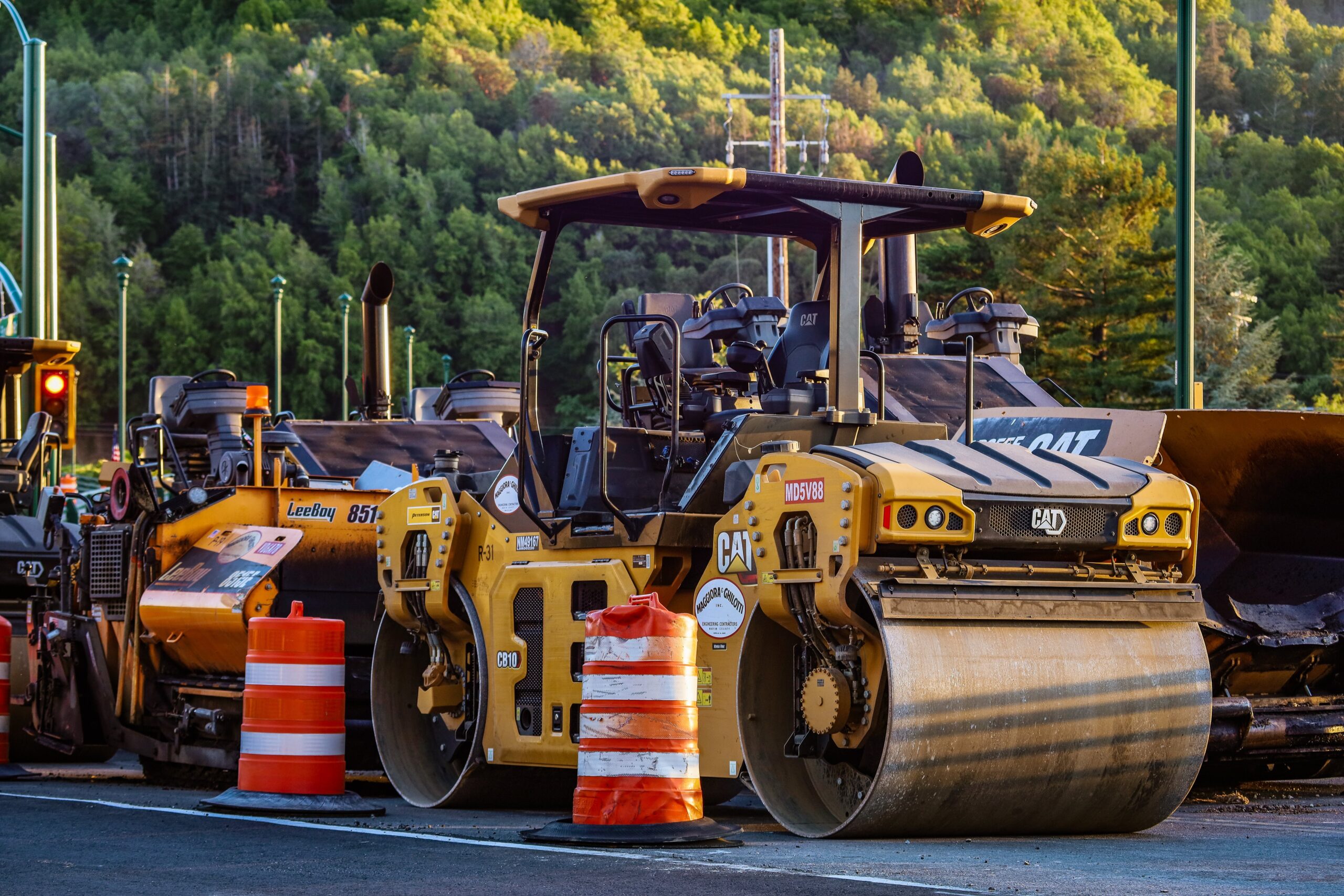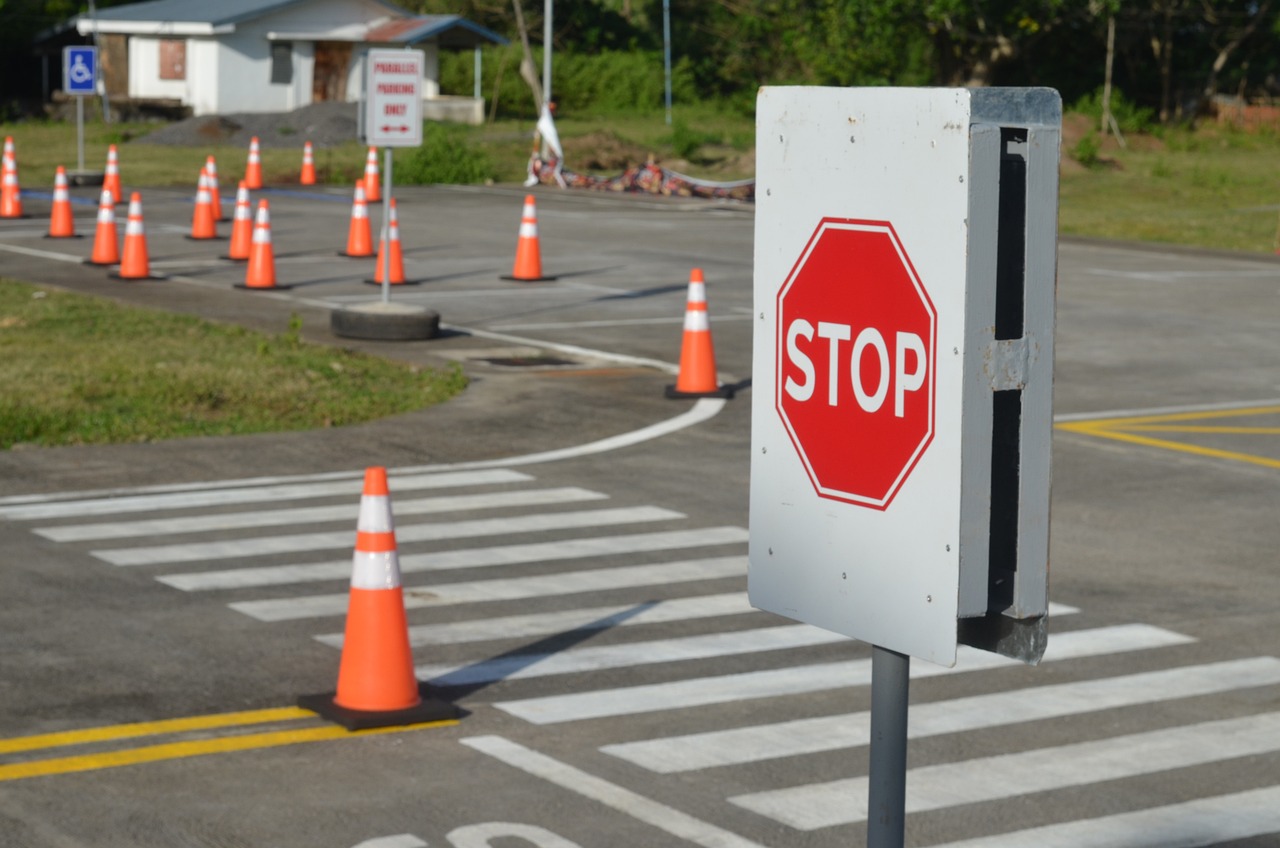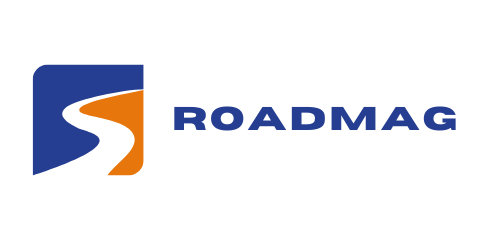From road repair equipment to paving tools, having top-quality tools ensures the efficiency and effectiveness of road construction and maintenance projects.
Whether it’s asphalt maintenance equipment, pothole repair tools, road surface maintenance tools, traffic management equipment, or road marking tools, investing in high-quality tools is essential for achieving long-lasting and reliable road surfaces.
The Importance of High-Quality Road Maintenance Tools
The quality of road maintenance tools plays a crucial role in the success of road construction and repair projects. When professionals use high-quality tools, they can ensure that the roads they work on are durable and capable of withstanding wear and tear.
One important aspect of road maintenance is the use of road repair equipment. Asphalt patchers and crack sealing machines are examples of tools that professionals rely on to repair damaged road surfaces effectively. These tools help to fill and level potholes and cracks, preventing further damage and ensuring a smooth and safe road surface. By investing in high-quality road repair equipment, professionals can maintain the integrity of the roads they work on and extend their lifespan.
Paving tools are also integral to road maintenance projects. Pavers and rollers are examples of tools used to create new road surfaces or repair existing ones. These tools ensure proper compaction and smoothness of the asphalt, resulting in a durable and reliable road surface. By choosing high-quality paving tools, professionals can achieve precise and efficient road construction and maintenance.

Benefits of Using High-Quality Road Maintenance Tools:
- Durable and long-lasting road surfaces
- Improved efficiency and productivity
- Enhanced safety for workers and the public
- Savings in time and costs
In summary:
High-quality road maintenance tools are essential for professionals in the industry. By investing in these tools, they can ensure the durability and reliability of road surfaces. With the right road repair equipment and paving tools, professionals can efficiently carry out their work and achieve long-lasting results that meet industry standards.
Essential Road Maintenance Tools for Every Professional
To successfully carry out road maintenance projects, professionals require a range of essential tools that address various aspects of the job. These tools ensure the efficient and effective completion of tasks, resulting in high-quality road surfaces. Here are some key road maintenance tools that every professional should have:
Pothole Repair Tools:
Potholes are a common road issue that needs immediate attention to prevent further damage. Professionals should have pothole repair equipment such as asphalt patchers and pothole fillers to fill and level potholes effectively. These tools ensure that pothole repairs are done accurately, resulting in durable and reliable road surfaces.
Road Surface Maintenance Tools:
The maintenance of road surfaces is crucial for their longevity and functionality. Road maintenance professionals should have tools like sweepers and sealcoating machines to keep roads clean and protected. These tools help remove debris and apply sealcoating to prevent water damage and oxidation, ultimately extending the lifespan of road surfaces.

Traffic Management Equipment:
Safety is paramount during road maintenance activities. Professionals should possess traffic management equipment such as traffic cones and barricades to ensure the safety of both workers and the public. These tools help in redirecting traffic, creating designated work areas, and preventing accidents or mishaps on the job site.
Road Marking Tools:
Clear and visible road markings are essential for ensuring safe navigation for drivers. Road maintenance professionals should have road marking tools like paint stripers and stencils to create accurate and well-defined road markings. These tools contribute to maintaining order on the roads and promoting smooth traffic flow.
By equipping themselves with these essential road maintenance tools, professionals can efficiently address various road maintenance tasks, ensuring the quality and durability of road surfaces. The proper use of these tools contributes to the overall success of road maintenance projects and the safety of all road users.

The Role of Technology in Road Maintenance Tools
Technology plays a significant role in the development and advancement of road maintenance tools, enabling professionals to carry out their work more efficiently and effectively. By embracing innovative technologies, road maintenance professionals can optimize their processes and achieve high-quality results.
One area where technology has had a significant impact is in road repair equipment. Advanced tools such as infrared heaters and thermal bonders utilize cutting-edge technology to repair damaged road surfaces with precision. These tools provide controlled heating and bonding capabilities, resulting in seamless repairs that are both durable and long-lasting.
In addition to road repair equipment, technology has also revolutionized asphalt maintenance equipment. For example, infrared asphalt recyclers and rejuvenators utilize innovative technology to maximize the use of existing materials, reducing waste and saving costs. These tools enable professionals to efficiently recycle and reuse asphalt, contributing to sustainable road maintenance practices.
By incorporating technological advancements in road maintenance tools, professionals can enhance the quality of their work, improve efficiency, and ensure the longevity of road surfaces. Embracing these advancements is essential to meet the demands of modern road construction and maintenance projects.
Training and Certification for Road Maintenance Professionals
As road maintenance professionals, it is crucial to have the necessary training and certification to ensure the highest standards of quality and safety in our projects. Training programs offered by reputable organizations like the CSU Transportation Consortium can equip us with the theoretical knowledge and practical skills needed to work with road maintenance tools and equipment.
These training programs cover a range of essential areas such as proper testing procedures, material selection, and construction techniques. By participating in these programs, we can enhance our expertise and keep up to date with industry standards, ultimately improving the quality and efficiency of our road maintenance work.
Benefits of Training and Certification:
- Enhanced theoretical knowledge and practical skills
- Compliance with industry standards
- Improved quality and efficiency of road maintenance work
With the ever-evolving nature of road maintenance tools and techniques, staying current through training and certification is essential for our professional growth and success. By investing in our education and skills, we can confidently tackle road construction projects and utilize the latest tools and equipment available.
Remember, being certified demonstrates our commitment to excellence and ensures that we are equipped with the necessary skills to deliver high-quality road surfaces that meet industry standards.
Choosing the Right Road Maintenance Tools for Your Needs
When it comes to road maintenance, selecting the right tools is crucial for ensuring efficient and effective project execution. Professionals in the industry need to consider various factors to choose tools that are suitable for their specific needs. Here are some key considerations to keep in mind:
1. Assess Project Requirements
- Identify the specific tasks and challenges you will encounter in your road maintenance projects.
- Determine the type of road repair or construction work you will be undertaking, whether it’s pothole repairs or new road paving.
- Consider the scale of your projects and the level of equipment performance required to meet industry standards.
2. Prioritize Quality and Durability
- Invest in high-quality road maintenance tools that are built to last.
- Choose tools made from durable materials that can withstand the rigors of road work and heavy usage.
- Opt for reputable brands and manufacturers known for their commitment to quality and reliability.
3. Consider Budget and Availability
- Set a budget and consider the cost of acquiring and maintaining the tools.
- Compare prices from different suppliers to find the best value for your investment.
- Ensure that the selected tools are readily available and can be easily serviced and repaired when needed.
By carefully considering these factors, professionals can make informed decisions and choose the right road maintenance tools that will enable them to complete their projects efficiently and achieve high-quality results.
Best Practices for Using Road Maintenance Tools
Proper usage and maintenance of road maintenance tools are crucial for achieving optimal results and ensuring the longevity of the tools. By following best practices, professionals in the road maintenance industry can enhance the quality, efficiency, and safety of their work. Here are some essential best practices to keep in mind:
Regular Maintenance and Servicing
To maximize the performance and lifespan of road maintenance tools, regular maintenance and servicing are essential. This includes cleaning the tools after each use, inspecting for any damage or wear, and lubricating moving parts as needed. Additionally, professionals should follow the manufacturer’s recommended maintenance schedule to ensure that the tools are operating at their best.
Adhere to Operating Instructions
Every road maintenance tool comes with specific operating instructions provided by the manufacturer. It is crucial to familiarize yourself with these instructions and follow them meticulously. This includes understanding the tool’s capabilities, safety precautions, and recommended operating procedures. Adhering to these instructions will not only ensure safe usage but also optimize the tool’s performance and prevent unnecessary damage.
Proper Training and Skill Development
Professionals in the road maintenance industry should invest in proper training and skill development programs to enhance their expertise in using road maintenance tools effectively. By staying updated with the latest techniques and best practices, professionals can optimize their work, reduce errors, and improve the overall quality of road maintenance projects. Training programs offered by reputable organizations provide valuable knowledge and hands-on experience, enabling professionals to tackle various challenges with confidence.
Ensure Safety Measures
Safety should always be a top priority when working with road maintenance tools. Professionals should wear appropriate personal protective equipment (PPE), including safety glasses, gloves, and steel-toed boots, to protect themselves from potential hazards. In addition, proper signage and barricades should be used to alert motorists and pedestrians of ongoing road maintenance activities, ensuring their safety. Regular safety audits and discussions among the team can help identify potential risks and implement preventive measures to reduce accidents and injuries.
By following these best practices, professionals in the road maintenance industry can optimize the performance of their tools, improve the quality of their work, and ensure the safety of both workers and the public. Implementing these practices as standard operating procedures will contribute to the overall success and longevity of road maintenance projects.
Investing in Quality Road Maintenance Tools
When it comes to road maintenance tools, investing in quality is key. While these tools may have a higher upfront cost, the long-term benefits far outweigh the initial investment.
High-quality road repair equipment, such as asphalt patchers and crack sealing machines, can efficiently address issues like potholes and cracks, resulting in durable and long-lasting road surfaces. Similarly, investing in reliable paving tools like pavers and rollers ensures smooth and even road construction. These tools not only enhance the efficiency of road maintenance work but also contribute to the safety and longevity of the roads.

Another vital aspect of road maintenance is traffic management. Investing in quality traffic management equipment such as traffic cones and barricades is essential to ensure the safety of workers and the public during road maintenance activities. These tools help in creating a controlled and organized work environment, minimizing the risk of accidents and injuries.
In conclusion, professionals in the road maintenance industry should prioritize investing in high-quality tools. By doing so, they can significantly improve the efficiency, safety, and durability of their projects. Quality road maintenance tools ensure the smooth operation of road construction and repair, allowing professionals to deliver high-quality road surfaces that meet industry standards.



